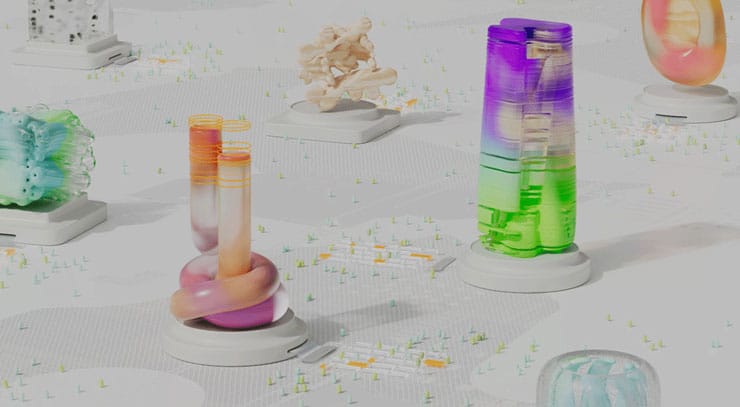Let’s cut to the chase: How real is the impact created by AI for developing countries?

The smug answer is “as real as we allow it to be”. But, it’s important to look at the detailed version of this answer before we understand if at all AI is contributing to the holistic development of people.
It’s obvious that technology reaches the developed part of the world before it can be enjoyed by the developing countries- accounting for nearly 85% of the global population. Naturally, most of the technology makers are also from this small, narrow world. We are excluding a huge percentage of potential users even before we start building a solution.
Now, with giants like Open AI, Google, or Microsoft dominating the AI scene, many may think that the race is over even before it begins. But our AI experts are betting on developing countries to make AI work for people.
Put simply, AI is providing a helpline that’s worth clinging to. Many world governments are pondering upon the implications of AI and how and where exactly it fits into their plan for development.
Take India for example. It is a rapidly developing nation that’s setting significant milestones in space exploration, defense, telecommunications, technology, entertainment, and many more. But there is a huge gap when it comes to skilled labor in the country. There are roughly 0.9 doctors per 1000 people in India. Even with urbanization reaching the nooks and corners of the country, it’s relatively harder to bring this figure to the standards of a developed nation.
It takes years to train doctors, and even more to make the means accessible before it makes a dent in this figure. However, with AI, healthcare can be made more accessible and healthcare workers can operate more efficiently to make up for the absence of talent.
AI will replace many jobs, too. For instance, the call center/customer service workers will be endangered in the next couple of years. But the scare of AI gunning for jobs is probably the most inflated in recent times. The technology, when applied and approached with empathy, can help people in the developing world to operate more efficiently.
Technology, particularly AI, is becoming more diverse, and it’s a really good thing. There are many companies exploring the depths of AI and pushing the boundaries of what it could do. We strongly believe that Mei AI is one such company. But we are seeing more players in the space like Mistral AI or Silo AI from Europe. This is a great opportunity for us to see how this powerhouse of technology is harnessed by the other side of the world.
Rich countries will benefit first, but developing countries will finally have the chance to close the gap between them for the first time. Jobs in developing countries are predicted to be less disrupted by AI than the developed countries. Meaning that developing countries can benefit more from AI than their counterparts. Since AI will be pretty much defining the future, developing countries will also have the opportunity to make AI their own- a chance to mark their presence in the world.
Take a developing country from the sub-Saharan region. A report by Wolfgang Lutz of the Wittgenstein Centre in Vienna estimates that a typical pupil from this region spends 6 years in school but only retains 3 years' worth of learning. This number is pretty high for, say, Japan, where a typical pupil spends 14 years in school but ends up learning 16 years' worth of education.
Not only is there a gap in the means to education but also in the effectiveness of the net education they learn. A Kenyan entrepreneur Tonee Ndungu thinks that AI can help close this gap for them. He has built an application for the students of Kenya that allows them to ask questions to a chatbot regarding the Kenyan curriculum. Thanks to the fact that the majority of the population owns a smartphone, students can learn effectively, and this opens up the gates for more, too.
It’s not just that a chatbot can work tirelessly and still give its 100% to the students, but it can also be personalized according to the local culture it's working with. “I never saw an apple till I was 30,” says Mr Ndungu in an interview. So, the chatbot says “A is for Animal”.
The ultimate goal of Mei AI is to take AI to every corner of the world. As the first step, our goal is to democratize critical insights for people, businesses, and governments around the world, empowering them to make critical decisions with authority.
Our team is diverse at its core- in culture, ideas, and skills. This makes us and our platform more inclusive, catering to the global audience. From Artists to Data Architects to ML Engineers, we all bring together a piece of ourselves into what we do, contributing to the overall evolution of technology, AI, and humanity.
We are hereby inviting you to follow us in our journey of making this happen.
